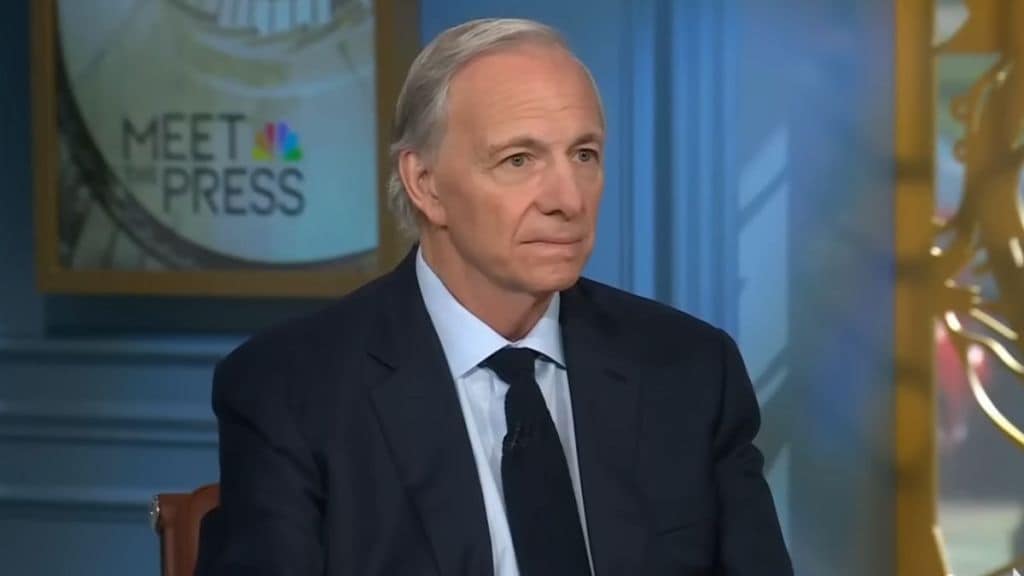India has the highest growth potential today, similar to China in 1984, said billionaire investor and founder of Bridgewater Associate, Ray Dalio. In a post on X (formerly Twitter), industrialist Harsh Goenka shared a clip wherein Ray Dalio betted on the growth potential of India despite internal challenges like religious tensions. He said that India’s reforms, development, and creativity make it a key rising power. “Of course there is a religious internal issue having to do with the population of 240 million muslims. But I don’t think any of these issues are going to stop India,” he said.
He further added that historically, neutral countries — those not caught between major global conflicts like the US- China rivalry or conflict in Russia — have benefited the most, and India is positioned to do the same.
According to Ray Dalio, there are three epicenters of rapid growth and transformation today. First, Asia, particularly Southeast Asia, with Singapore as a central hub and countries like Indonesia, the Philippines, and Vietnam showing great potential. Second, the Middle East, especially the Gulf countries, where significant wealth and investment are turning the region into a talent magnet. Third, India, which presents a unique model of development that blends elements of corporate-style decision-making with a distinctive governance structure, differing from more traditional democratic or autocratic systems.
Earlier this month, at a NBC News event, Ray Dalio had said that he has concerns about the direction of the global economy and predicted that US President Donald Trump’s reciprocal tariff and trade policies have the potential to cause an economic meltdown far worse than a recession. “Right now we are at a decision-making point and very close to a recession and I’m worried about something worse than a recession if this isn’t handled well,” he had said.
Trump, on April 9, announced a 90-day pause on his reciprocal tariffs, but imposed a 10 per cent baseline duties on all countries that do trade with the US and 145 per cent tariffs on China.


